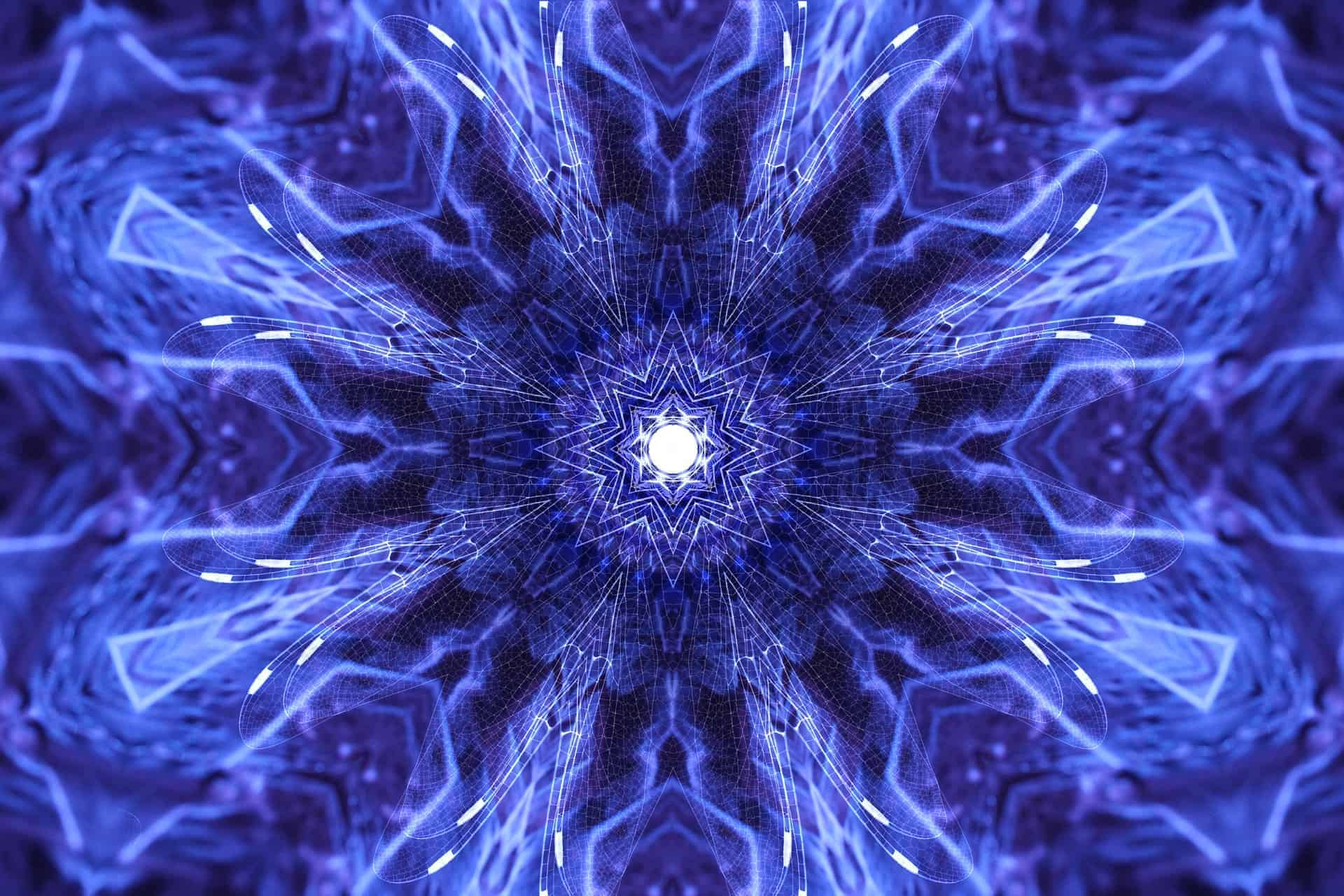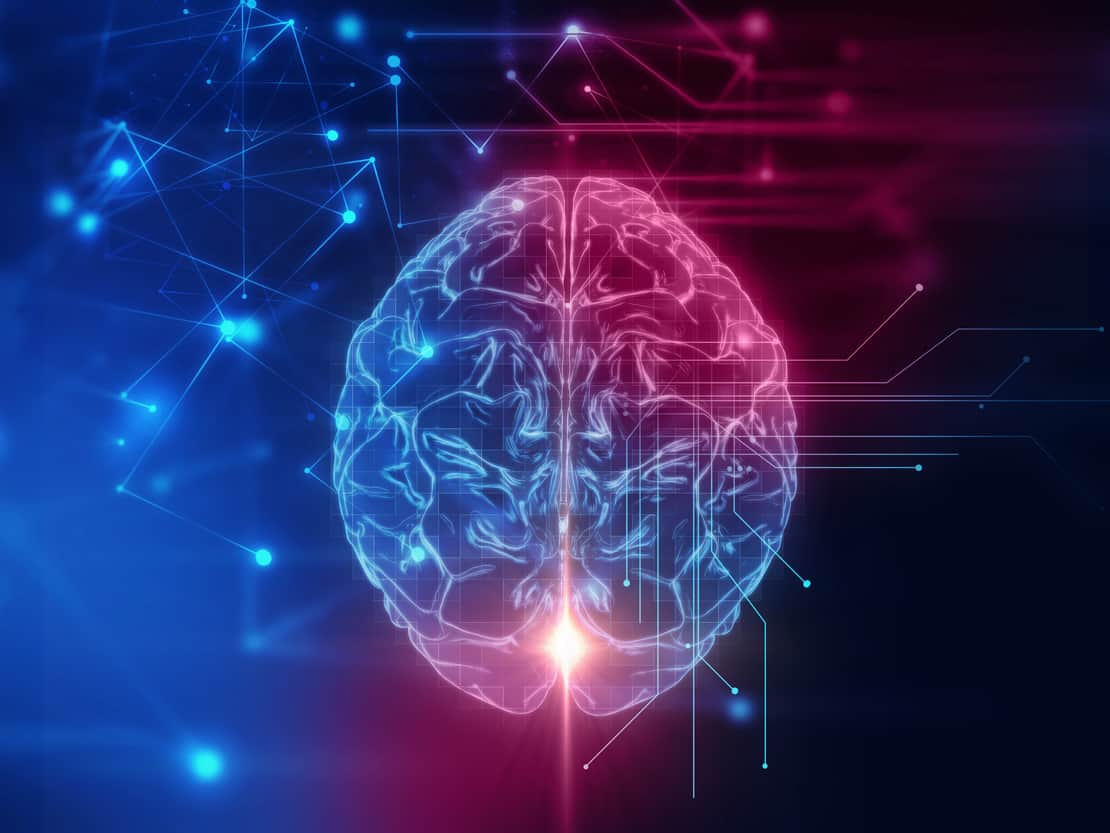“Reality is merely an illusion, albeit a very persistent one.” – Albert Einstein.
What is reality?
I think it is important to note that the adjective “real” and the verb “to exist” are ambiguous. As physicist Carlo Rovelli pointed out in his book “The Order of Time”: if you are asked if a wooden puppet whose nose grows when he lies exists, you can either answer: “Yes of course he exists, it’s Pinocchio!”; or: “No he does not, he is only part of a fantasy written by Carlo Collodi”. Both answers are correct.
To ask if something exists is more of a grammatical question, as it relies on how you define reality. It isn’t so much about the true nature of things. Why? Simply because we keep re-discovering Nature everyday. Implying something does not exist would mean understanding the true nature of reality as well as how it operates.
If we stop being literal and start analyzing the notion of reality a bit further, we find that reality is often described as something known to exist, a fact. Something that is not imaginative or fantasy. In other words, we qualify something as being real when we are aware of its existence or when it has been proven to exist.
But what about the things we are not aware of?
According to astrophysicists, we only understand about 4% of our whole Universe. Moreover, we do not know what we do not know. This means that there will always be things outside of our awareness. The unawareness of something does not make it nonexistent.
Reality is also described as being detectable by our 5 senses. It is worth remembering that our 5 senses are limited: we can only see through a specific spectrum or hear a specific range of frequencies. Even animals can perceive things that we cannot. Does that mean animals are more sensitive to realness than us? Plato used to say that our senses are deceptive and unreliable. This unreliability, can lead to misperception.
As neuroscientist Patrick Cavanagh explains: “It’s really important to understand we’re not seeing reality, we’re seeing a story that’s being created for us”. According to him, very often, our brain modifies our perception of reality in order to meet our expectations and needs. Our brain fills up the holes with past experiences. This makes reality subjective instead of objective as two brains perceive reality differently.
“What is real? How do you define ‘real’? If you’re talking about what you can feel, what you can smell, what you can taste and see, then ‘real’ is simply electrical signals interpreted by your brain”.
– Morpheus, The Matrix
Most scientists believe reality is based on information gathered from our senses. In fact, recent research shows us that reality is an illusion based on what our brains expect to see. This idea is known as top down processing and supports that much of what we interpret to be reality is actually mental fabrication.
During an experiment, participants were given two balls of the same weight, one being bigger in size than the other. Results showed that most of the participants wrongly reported the big ball to be heavier. This presumption, based on past experience, distorted the participants’ perception of reality.
To come back to the definition of reality: something that can be measured and detected; it is worth noting that there are phenomenon which are undetectable by our senses, such as those happening on the quantum level. These phenomenon remain real despite being undetectable.
As we have seen earlier, the definition of real is relative, and depends on one’s perception. If you ask a group of people to define reality in general, you will get similar answers. However, if you were to deeply explore their perspectives, that is, figuring out what THEY consider to be real or not, you would likely get different answers. This is because our reality is constructed by our own beliefs. Now, there is Reality (with a capital R) which is the Ultimate Reality; and there is one’s reality, which is a by-product of one’s own beliefs.
Science has for mission to discover what the Ultimate Reality is, outside of our beliefs and “fantasies”.
Will it ever be able to achieve this goal? After all, how could we know that there is only ONE Ultimate reality? How could Science be sure of this? Moreover, if were to assume that there is indeed ONE Ultimate reality, how could Science know when it has fully explored everything there is to know about Reality, and that there is nothing more to uncover?
I believe that there is only approximate/a priori truth as the more we expand our knowledge, the more we realize how little we know.
As Max Planck once said: “Science cannot solve the ultimate mystery of nature. And that is because, in the last analysis, we ourselves are part of nature and therefore part of the mystery that we are trying to solve.”
I am not trying to discourage Science in its attempt to discover the Ultimate Truth. I think it is a respectable and bold ambition but it can lack wisdom and humility.
Quantum mechanics shows us that subatomic particles such as electrons exist at all possible states until observed or after interacting with a third party. Could every possibility exist until it is properly observed and measured? If so, would it mean that an infinite amount of realities exist based on those possibilities?
Researchers showed that when two individuals observe the same photon, they could both arrive at different conclusions about that photon’s state, and yet both be correct.
Their results were published here: https://arxiv.org/pdf/1902.05080.pdf
Let’s go through the infamous allegory of the cave by Plato: (Translation by Thomas Sheehan)
“Imagine this: People live under the Earth in a cave like dwelling. Stretching a long way up toward the daylight is its entrance, toward which the entire cave is gathered. The people have been in this dwelling since childhood, shackled by the legs and neck. Because they are shackled, they are unable to turn their heads around. Some light of course, is allowed them, namely from a fire that casts its glow toward them from behind them, being above and at some distance. Imagine that a low wall has been built the length of the walkway, like the low curtain that puppeteers put up, over which they show their puppets.
So now imagine that all along this low wall people are carrying all sorts of things that reach up higher than the wall: statues and other carvings made of stone of wood and many other artifacts that people have made. From the beginning people like this have never managed, whether on their own or with the help by others, to see anything besides the shadows that are [continually] projected on the wall opposite them by the glow of the fire. What if the prison had an echo reverberating off the wall in front of them [the one that they always and only look at]? Whenever one of the people walking behind those in chains and carrying the things) would make a sound, do you think the prisoners would imagine that the speaker were anyone other than the shadow passing in front of them?”
This brilliant allegory shows how our perception makes up our entire reality.
Reality is based on our current knowledge and perception. Human reality is evolving as we expand our knowledge, thus reality will never stay the same for humans.
There is NO definitive definition of reality, hence we should never be taking it for granted.
And after all, who are we to judge what’s real and what isn’t?

